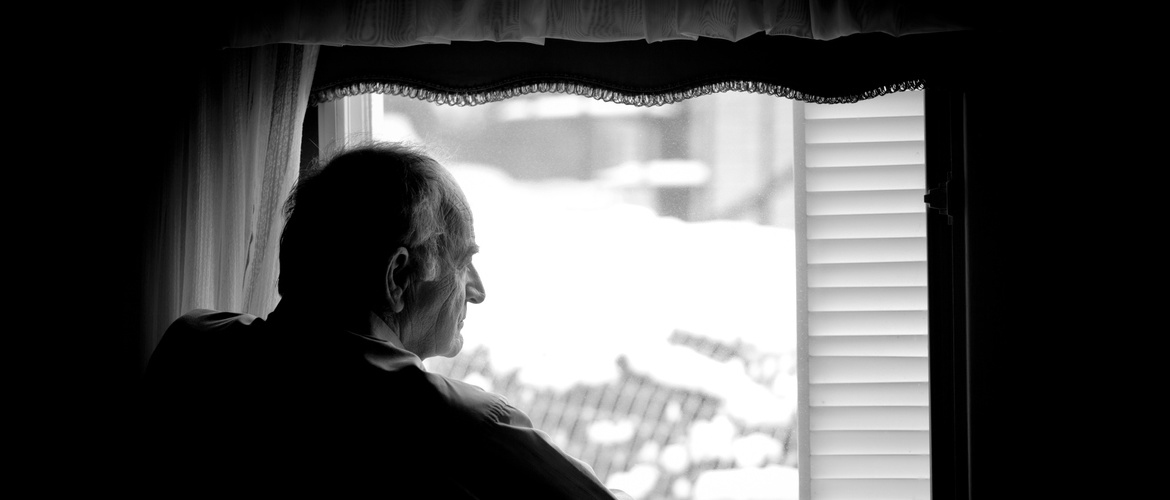
Choose a channel
Check out the different Progress in Mind content channels.

Progress in Mind

The complexities of preventing and managing infection are multiplied in people living with dementia. Problems of memory and understanding limit self care, while the proximity of carers poses risks to all. In patients who become critically ill, delirium may exacerbate dementia.
Of people who have Alzheimer’s dementia (AD), 81 percent are aged 75 or older.1 The mean age at onset of motor symptoms of Parkinson’s disease (PD) is around sixty years.2 The number of comorbidities rises steeply with age: in a recent study, 39% of Americans aged over 65 had three or more chronic conditions.3
So it is clear that people with these forms of neurodegenerative disease – and especially those with AD dementia – have a high age-related risk of developing complications from COVID-19 infection, and hence a high risk of hospitalization and need for intensive care.4
Double hit
With 50 million people in the world having dementia,5 and with the global total of known COVID-19 cases rocketing towards a million on a rapidly accelerating curve,6 we have an unfortunate conjunction of pandemics.
Wang et al7 have recently given the situation a sober appraisal. Their letter to The Lancet identified many factors that pose particular problems for people with dementia, even when they live outside nursing homes:
Although to a lesser extent, similar considerations apply to elderly people with advanced PD. Lack of contact with physiotherapists and the inability to take recommended outdoor exercise are specific problems.
Sources of support
Recent experience in China suggests the importance of multidisciplinary working, of making counseling available to carers, and of the remote delivery of stress reduction programs such as relaxation and meditation.7
Resources to help cope with the COVID-19 emergency have been developed by the American Academy of Neurology.8 These cover recommentations on the implementation of telemedicine, including how to perform a remote neurologic exam.9 There is specific advice on telemedicine for PD, and a live demonstration.
Our correspondent’s highlights from the symposium are meant as a fair representation of the scientific content presented. The views and opinions expressed on this page do not necessarily reflect those of Lundbeck.
1. https://www.alz.org/media/documents/facts-and-figures-2018-r.pdf
2. Peretz C, et al. Parkinsonism Related Disorders 2014;20:69-74
3. Jindai K, et al. Prev Chronic Dis 2016;13:E151
4. Fauci A. N Engl J Med 2020;382:1268-9
5. https://www.who.int/news-room/fact-sheets/detail/dementia
6. https://hub.jhu.edu/2020/03/30/andrew-pekosz-immunity-seasonality/
7. Wang H, et al. Lancet 2020; March 30
8. https://www.aan.com/tools-and-resources/covid-19-neurology-resource-center/
9. https://www.aan.com/tools-and-resources/practicing-neurologists-administ...